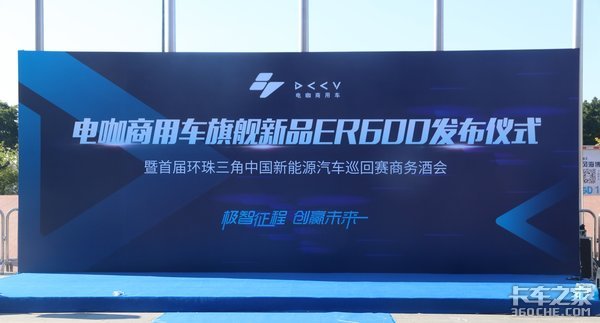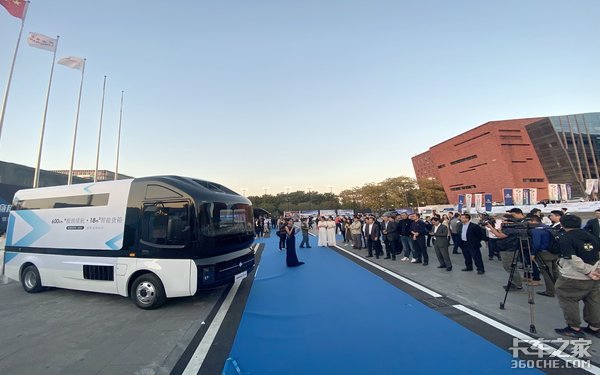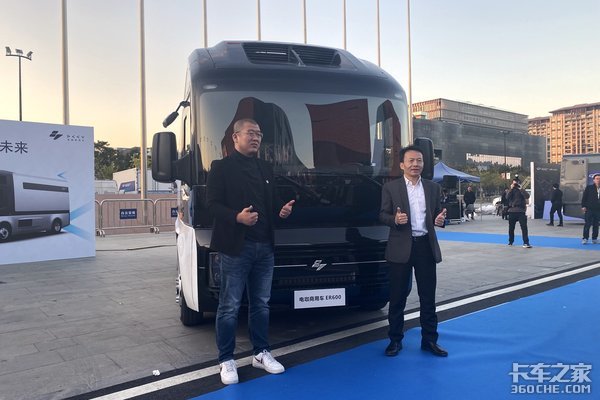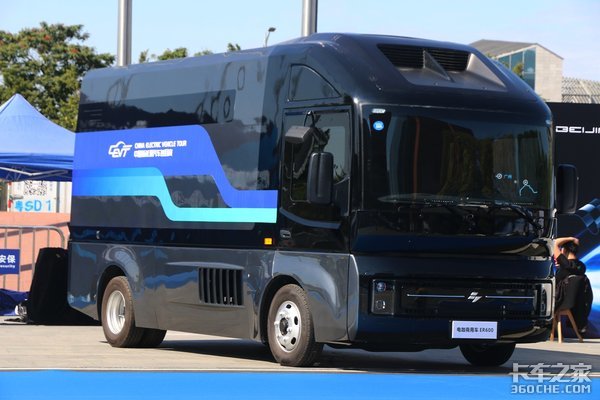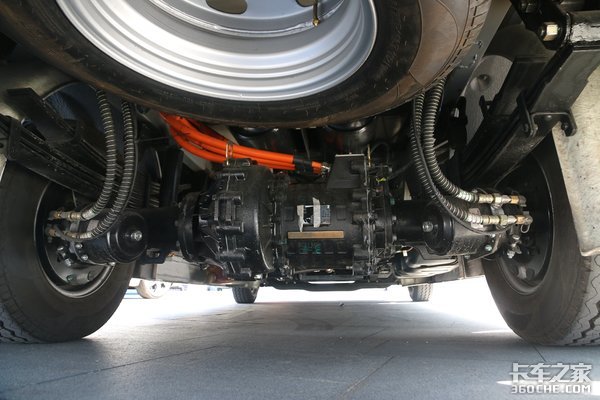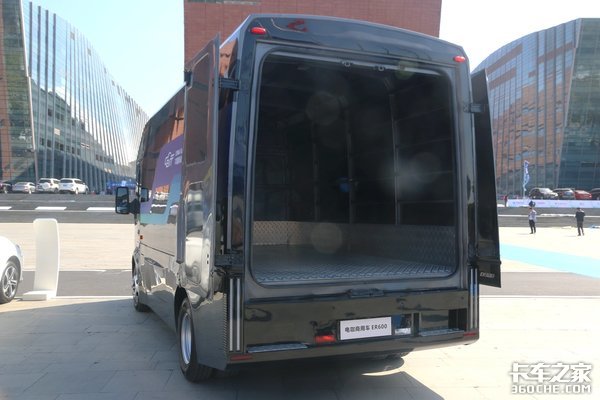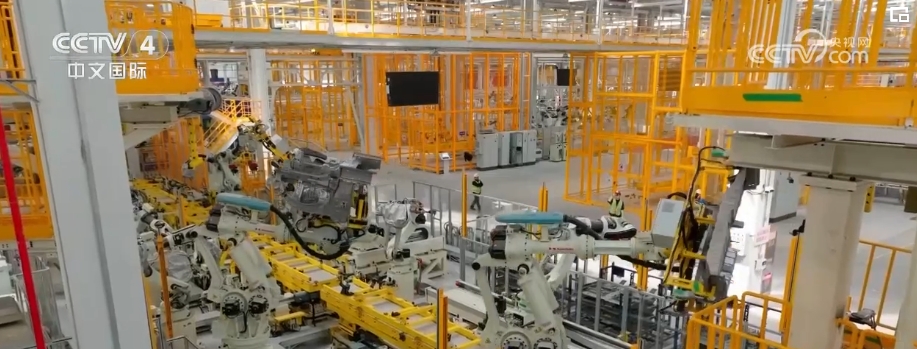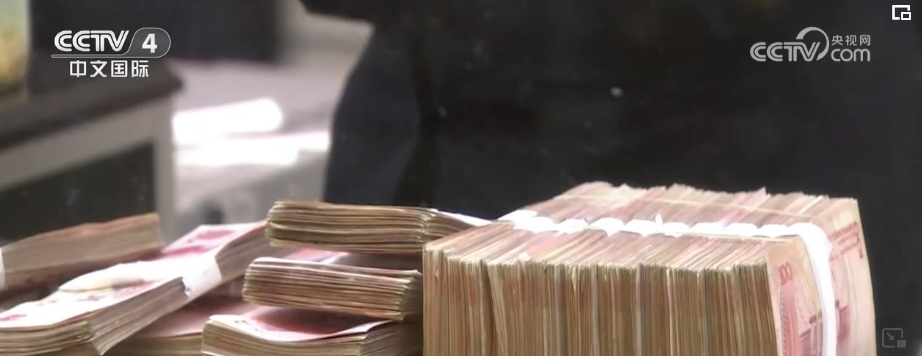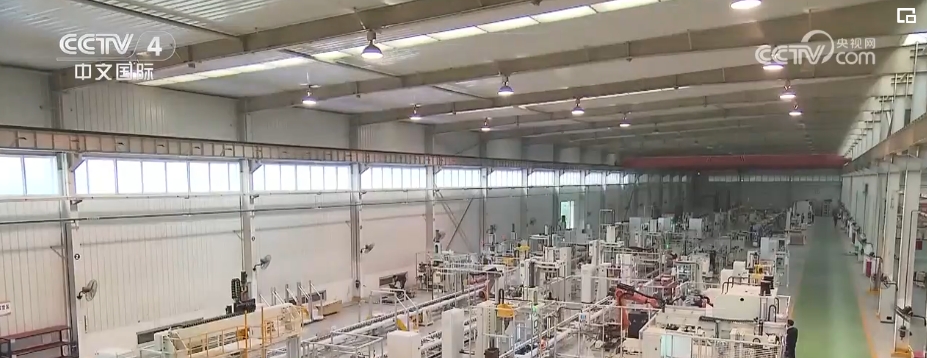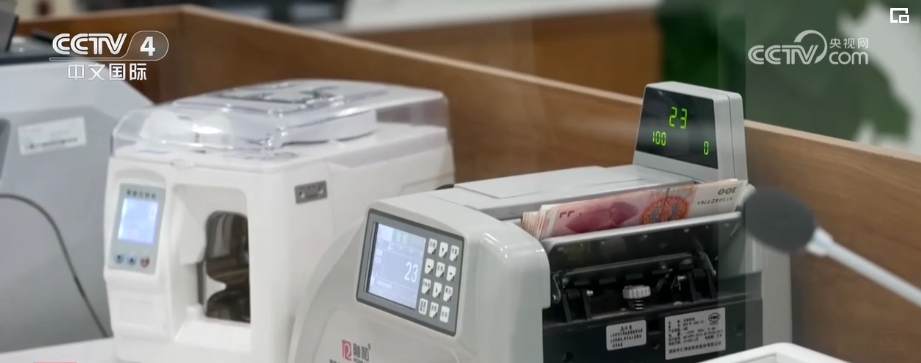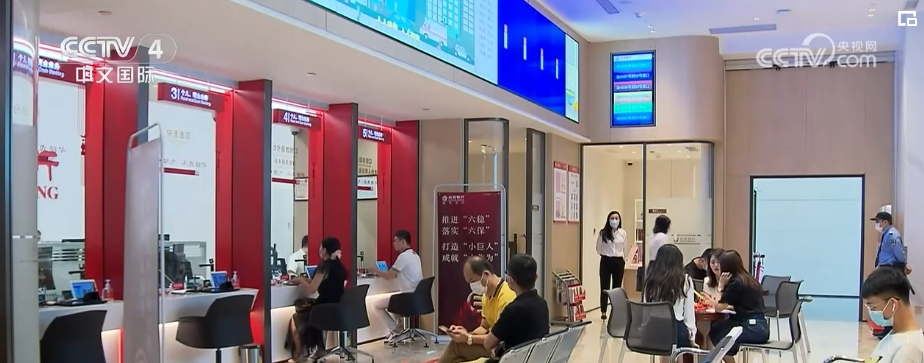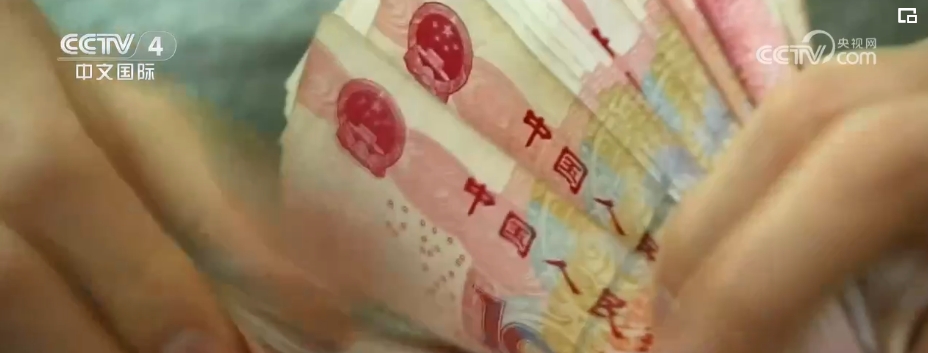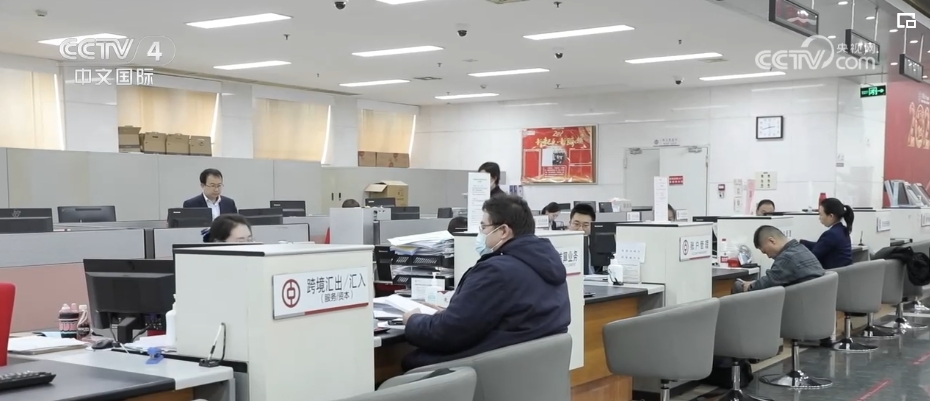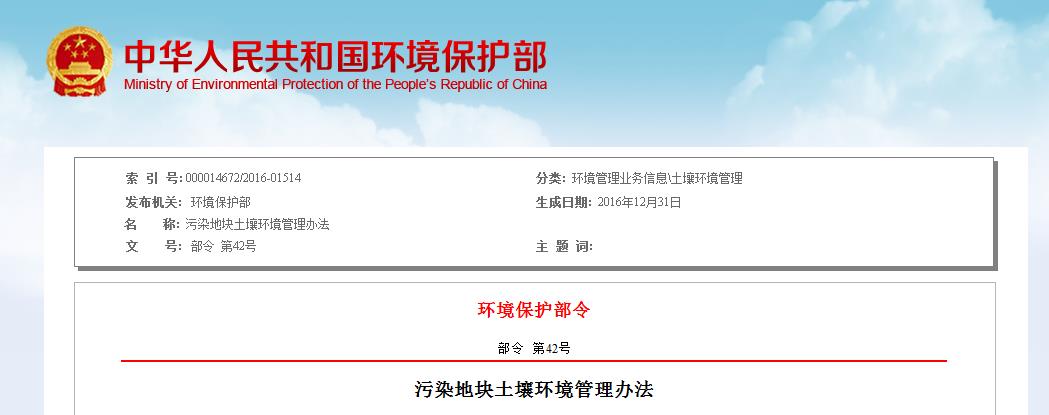CCTV News:Green is the background color of beautiful China, and it is also the color of high-quality development. Since the 18th CPC National Congress, China has planted 1.02 billion mu of trees. The forest coverage rate has increased from 21.63% ten years ago to 24.02% today. China ranks first in the world in plantation area. A tree, a piece of forest, grows green mountains and Jinshan Yinshan that belong to everyone, and draws an updated picture of beautiful China.
Go to the spring together and plant a piece of green.
Supporting seedlings, cultivating soil and watering … … These two days, in Hebei, Shanxi, Gansu, Yunnan and other parts of the country, people have participated in tree planting activities and carefully planted seedlings. With the joint efforts of people, there is a vibrant scene everywhere.

Fan Qingxin, a villager from Tianjianhao Village, Beijiabi Township, Ci County, Hebei Province:In the past, this area was all barren hills and mountains. Later, we have been planting trees for many years, including pine, cypress and apricot. Now we are replanting. Look at this green tree. It is in a good mood. It has changed the environment and is in a very good mood.
Not long ago, the Bulletin on the State of Land Greening in China in 2022 was officially released. Data show that in 2022, 3.83 million hectares of afforestation, 3.214 million hectares of grass improvement and 1.8473 million hectares of land for desertification and rocky desertification control were completed nationwide. After continuously promoting afforestation, China’s land greening has achieved remarkable results.
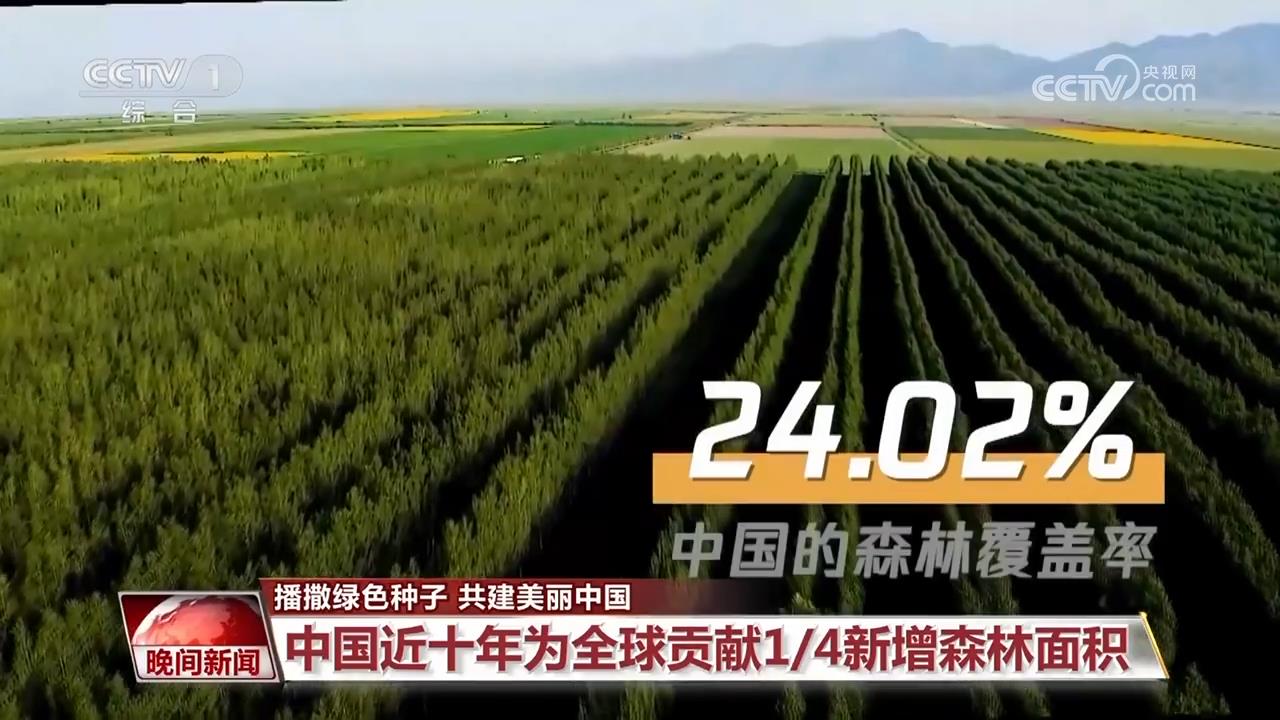
In the past decade, China has added more than 22 million hectares of forests, contributing a quarter of the world’s new forest area. 24.02%, which is the forest coverage rate of China today.
Wu Xiuli, First Inspector of Ecological Protection and Restoration Department of National Forestry and Grassland Administration:Look at this picture. Ten years ago, especially in the northwest, a large area was relatively yellow. But ten years later, after continuous promotion of land greening and afforestation, it is obvious from this picture that the northwest has increased a lot of green, such as Shanxi, Inner Mongolia, Gansu and Ningxia.
In the past ten years, China has insisted on promoting the great development of land greening, protecting natural forests, returning farmland to forests and grasslands, and shelterbelts in the three north areas, and the quantity and quality of afforestation have gone hand in hand. Adhere to the overall planning of urban and rural greening, and build a large number of national forest cities and forest villages. Deepen reform and innovation, and improve the system and mechanism of planting and protecting green. In Beihai, Guangxi, through the implementation of mangrove afforestation and restoration protection, the species of marine benthos increased from 66 to 206, and the species of birds increased from 136 to 195, and the biodiversity became more and more abundant.
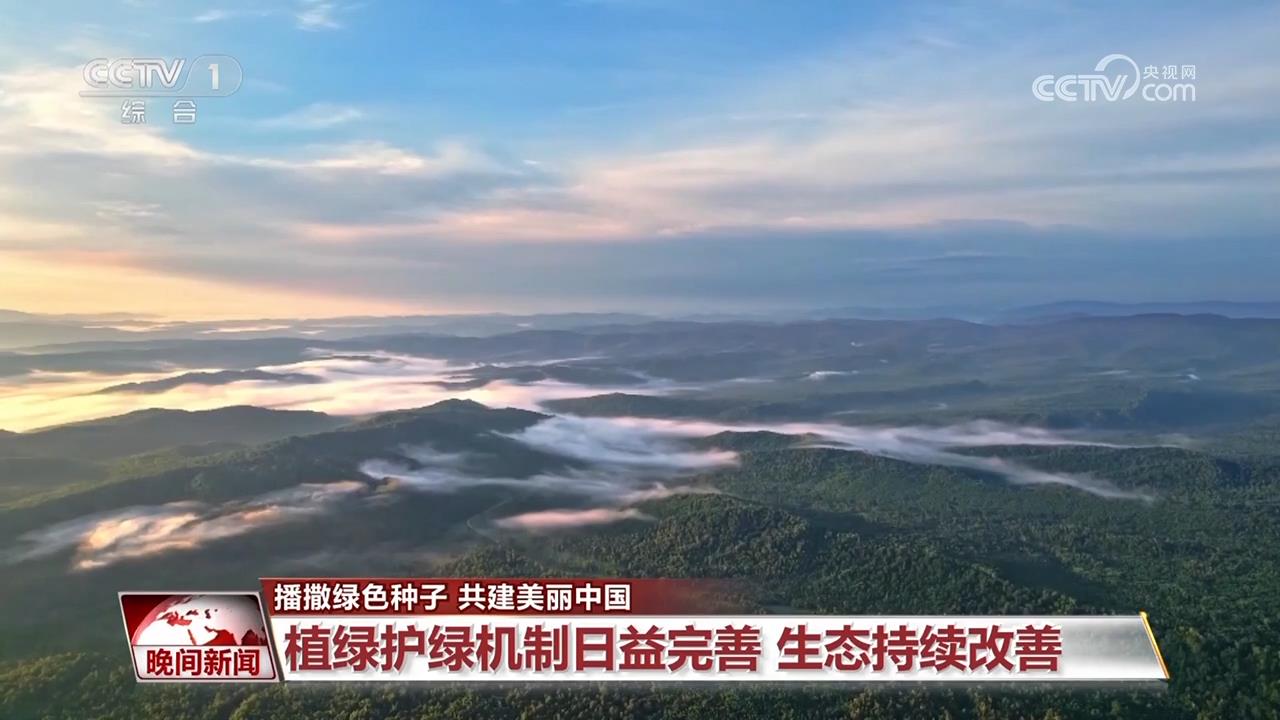
Nowadays, China’s land greening has changed from focusing on quantity to paying equal attention to quality and quantity. In addition to considering people’s lives and health, high-quality greening is also reflected in creating "greenery that benefits the people more". In August last year, the value realization of carbon reduction products in Saihanba, Hebei Province and the signing ceremony of credit granting by financial institutions were held. Twelve enterprises purchased carbon reduction products from eight units, including Saihanba Machinery Forest Farm, and realized value conversion of 24,605,900 yuan.
People live up to the castle peak, and the castle peak will live up to people. In today’s China, the area of economic forest is about 700 million mu. In 2021, the per capita output value of economic forest employees reached 19,000 yuan. Persevere in promoting land greening, make green mountains and green rivers more beautiful, and make Jinshan Yinshan bigger. Planting green is planting people’s livelihood and well-being.
Haidong, Qinghai: It’s just the right time to plant trees and green the Yellow River in spring.
Recently, in Qunke New District, Hualong County, Haidong City, Qinghai Province, more than 2,100 people of all ethnic groups jointly launched a voluntary tree planting activity this spring on the banks of the rippling Yellow River. Tens of thousands of saplings have become contiguous on the banks of the blue Yellow River through the steps of supporting seedlings, cultivating soil and watering. It is understood that a total of 614,000 trees were planted in this spring voluntary tree planting activity. The consciousness of "planting green, loving green, protecting green, increasing green and promoting green" is more and more deeply rooted in people’s hearts.
Liu Daomin: Retire and plant trees in his hometown for 10 years, and put green clothes on the barren hills in his hometown.
Afforestation and greening are beneficial to the present and the future. With the dream of "putting green clothes on the barren hills in his hometown", 71-year-old Liu Daomin retired ten years ago and returned to his hometown to contract barren hills and take out his retirement salary to plant trees. Ten years have passed, and the trees he planted, such as Platycladus orientalis and Ligustrum lucidum, have been continuously sliced, reaching more than 3,000 mu, and 150,000 trees have survived. He said, I will keep working as long as my body allows.
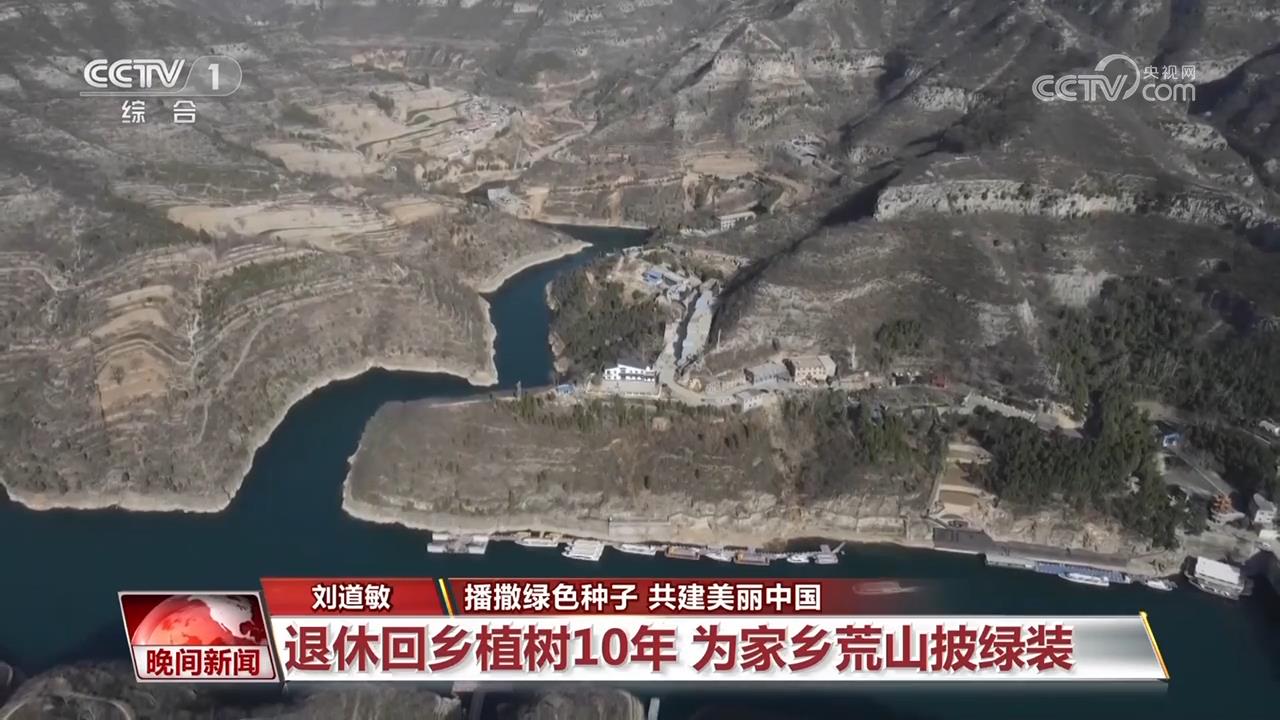
In April, Qingtianhe Village in Jiaozuo City, Henan Province, was full of greenery and flowers. It is hard to imagine that it was a barren hill and a barren hill a few years ago.
Liu Daomin, a voluntary tree planter in Qingtianhe Village, Zhaihuo Township, Bo ‘ai County, Jiaozuo City, Henan Province:In the barren hills in the north, trees are planted every year, but no trees are seen. My ancestral home is Qingtianhe Village. After retiring in 2013, I went back to the village and saw vast tracts of barren hills, but there were still not many trees, which was very unpleasant. So I made up my mind to contract barren hills and plant trees to beautify the environment.
However, it is not easy to open green forests on barren hills. This barren mountain belongs to the category of national public welfare forest, and only trees can be planted, which means that there is no income except ecological benefits. However, Liu Daomin, who has worked in forestry all his life, still contracted 313 hectares of barren hills in one breath.
Liu Daomin, a voluntary tree planter in Qingtianhe Village, Zhaihuo Township, Bo ‘ai County, Jiaozuo City, Henan Province:At first, I came back to contract for planting trees in barren hills, including my family, including my neighbors, and I didn’t understand.
Liu Daomin’s wife Wang Dianxiu:You should be happy when you retire, and it’s time to think about going home to rest.
Feng Tao, a villager from Qingtianhe Village, Zhaihuo Township, Boai County, Jiaozuo City, Henan Province:It is not worthwhile for him to invest all his retirement salary in this barren mountain.
He Xiuhong, a villager from Qingtianhe Village, Zhaihuo Township, Bo ‘ai County, Jiaozuo City, Henan Province:Nobody understands.
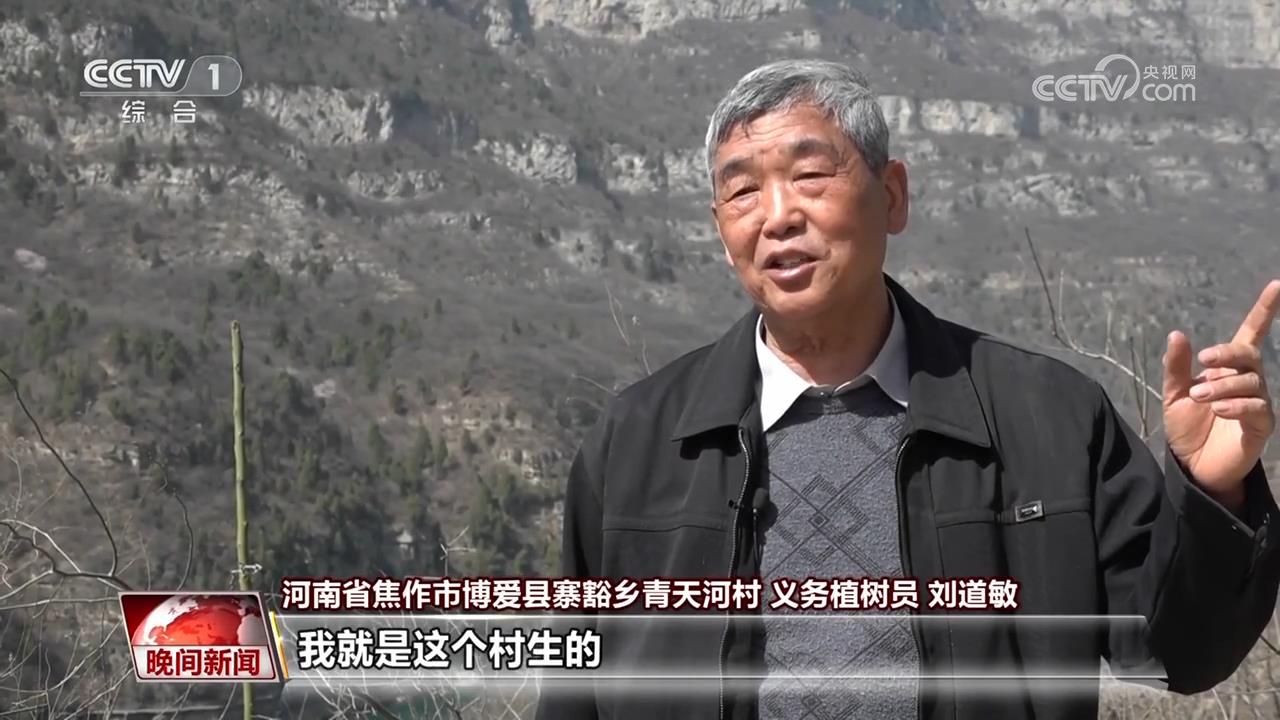
Liu Daomin, a voluntary tree planter in Qingtianhe Village, Zhaihuo Township, Bo ‘ai County, Jiaozuo City, Henan Province:I was born in this village, the village head’s. I was the only one recommended to go to college in 1975 (in the village). I have been engaged in forestry all my life, and after I retire, I just came back to repay my parents for their kindness to me.
Liu Daomin took out a pension of 60,000 yuan and built a 300 cubic meter forest fire pool, which solved the problem of water use for tree planting. Liu Daomin, who is 70 years old, often works in the mountains for a day.
Liu Daomin, a voluntary tree planter in Qingtianhe Village, Zhaihuo Township, Bo ‘ai County, Jiaozuo City, Henan Province:Bring some instant noodles and some water. Usually you leave at 7: 30 in the morning and don’t come back until 5: 30 in the afternoon. There are several varieties on this hillside, this is Platycladus orientalis, this is Ligustrum lucidum, and further ahead are Sophora japonica and Luan tree.
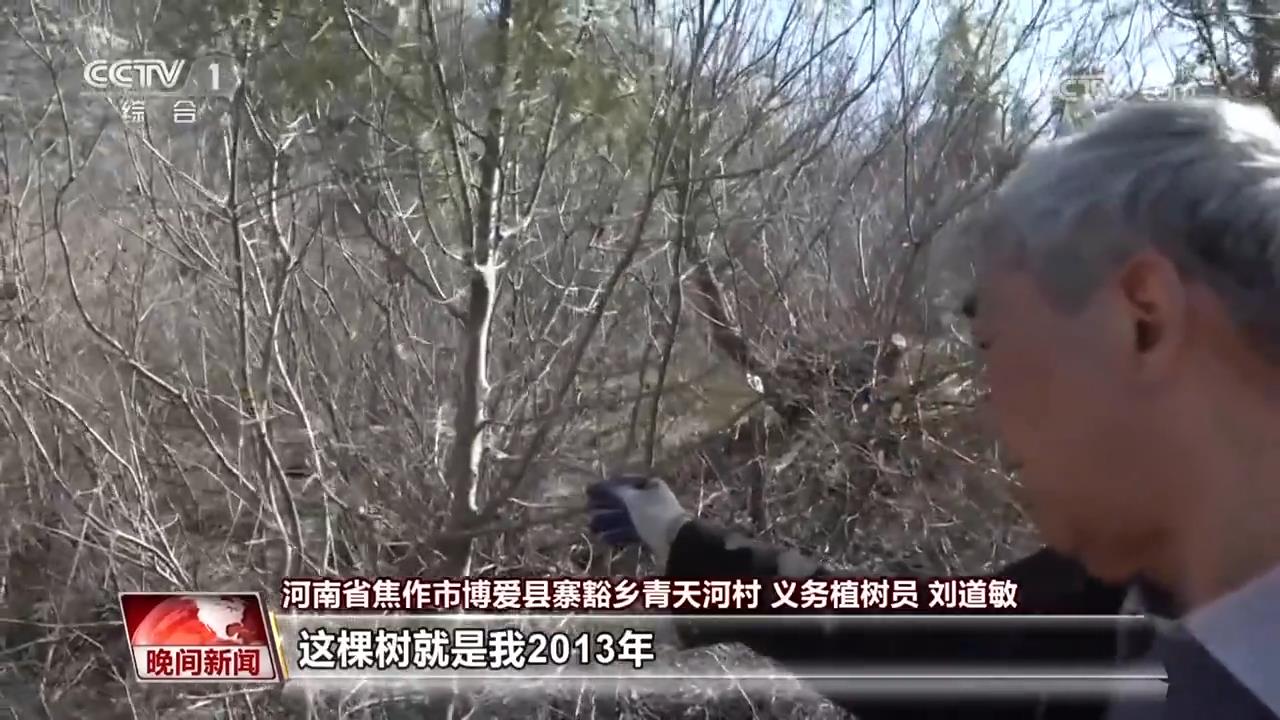
Liu Daomin, a voluntary tree planter in Qingtianhe Village, Zhaihuo Township, Bo ‘ai County, Jiaozuo City, Henan Province:This tree is the first Platycladus orientalis planted by myself in 2013. Now it is nearly three meters long, exceeding the surrounding shrubs. Our area is a rocky mountainous area, with many stones and thin soil layer. When a pickaxe goes down, there are stones all over it, so you have to change places, and you must find a place with soil and gaps to plant trees. Its soil layer is too thin to store roots. Planting a tree may dig three pits, and only one pit can be used.
The local forestry department also actively strives for financial assistance from policies. From 2013 to now, it has won a total of 3,960 mu of afforestation projects and more than 1.2 million yuan of higher subsidies for Liu Daomin. In the past ten years, Liu Daomin has led us to build 135 hectares of ecological forest in mountainous areas, and successfully built a green barrier on the east bank of Daqing Lake in Qingtian River.
Liu Daomin, a voluntary tree planter in Qingtianhe Village, Zhaihuo Township, Bo ‘ai County, Jiaozuo City, Henan Province:Planting one more tree is just another joy. As long as my body allows, as long as I can do it, I will keep working. People’s life is very short, and I am not seeking fame or profit, but also leaving a shade for the descendants of Qingtian River.
Guarding the mountains is only to care for this piece of green.
There is such a group of people who live in the mountains all the year round, are friends with plants and are almost isolated from the world. They get up early and get greedy for the dark, guarding all the year round, just to keep the green mountains and green rivers. They are the rangers known as the "forest eyes" and "greenguard". Next, we will approach several forest rangers together to listen to their stories of guarding the green mountains and rivers for ten years.

Ranger Lai Zhirong:My name is Lai Zhirong, and I am a ranger in the service center of Shuisonglin Nature Reserve. Because I grew up here, I have great feelings for Pinus tabulaeformis. By chance, I saw the job of recruiting a ranger and applied for it. I didn’t expect it to be 11 years.
Liuxiang District, Bai Jiao Town, Doumen, Zhuhai, Guangdong Province, has the largest contiguous area of Pinus tabulaeformis planted artificially in the world. Pinus tabulaeformis, known as the living fossil of plants, is listed as a rare species by the World Conservation Monitoring Center. However, in recent years, due to soil erosion, water pollution and other reasons, the number of tipping has decreased sharply. In order to protect this pine forest, Lai Zhirong is basically on standby 24 hours a day.
Ranger Lai Zhirong:Our usual job is to patrol the protected area. If anyone is found to cut down trees and hunt wild animals indiscriminately, we should stop and report them in time. On the first and fifteenth day of the high tide, floating garbage and silt will accumulate on the island, and weeds entangled in trees will grow quickly, so we should clean them up in time.
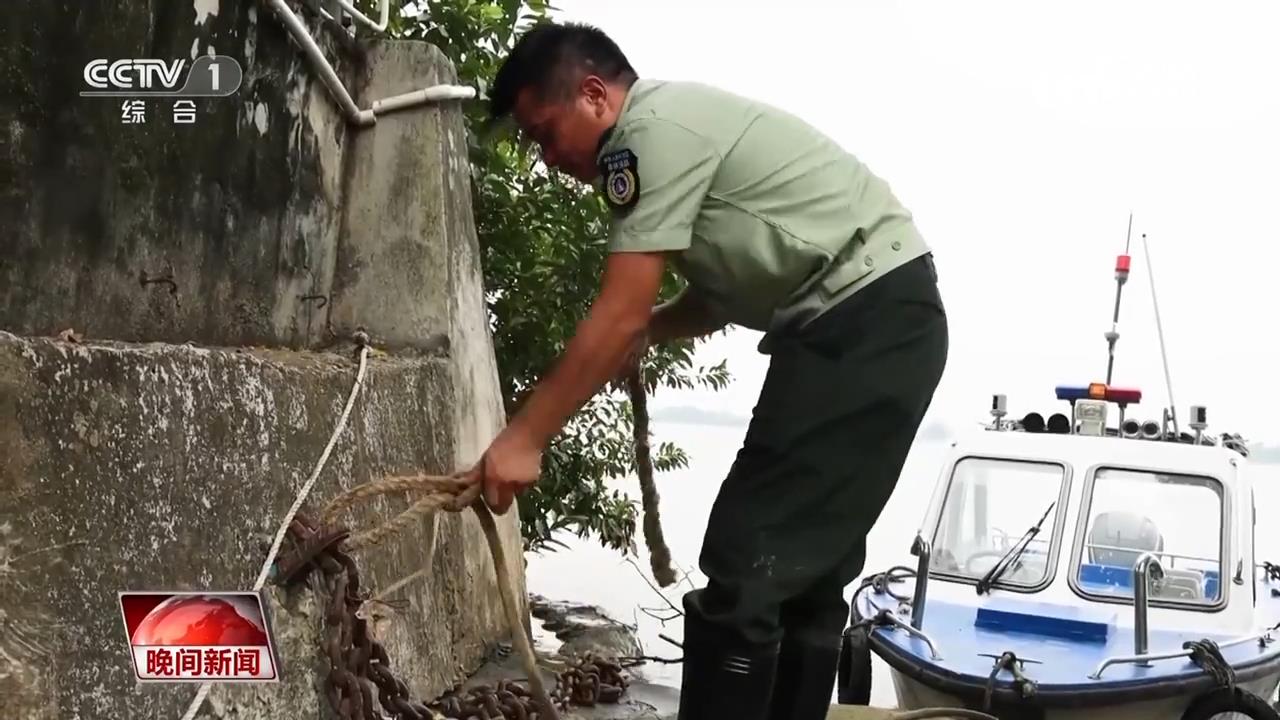
This year is Lai Zhirong’s 11th year as a ranger. In his view, the most important thing to be a ranger is to be able to withstand loneliness.
Ranger Lai Zhirong:When I was patrolling, I saw those small crabs climbing trees and flocks of egrets, and I felt that my efforts were worth it.
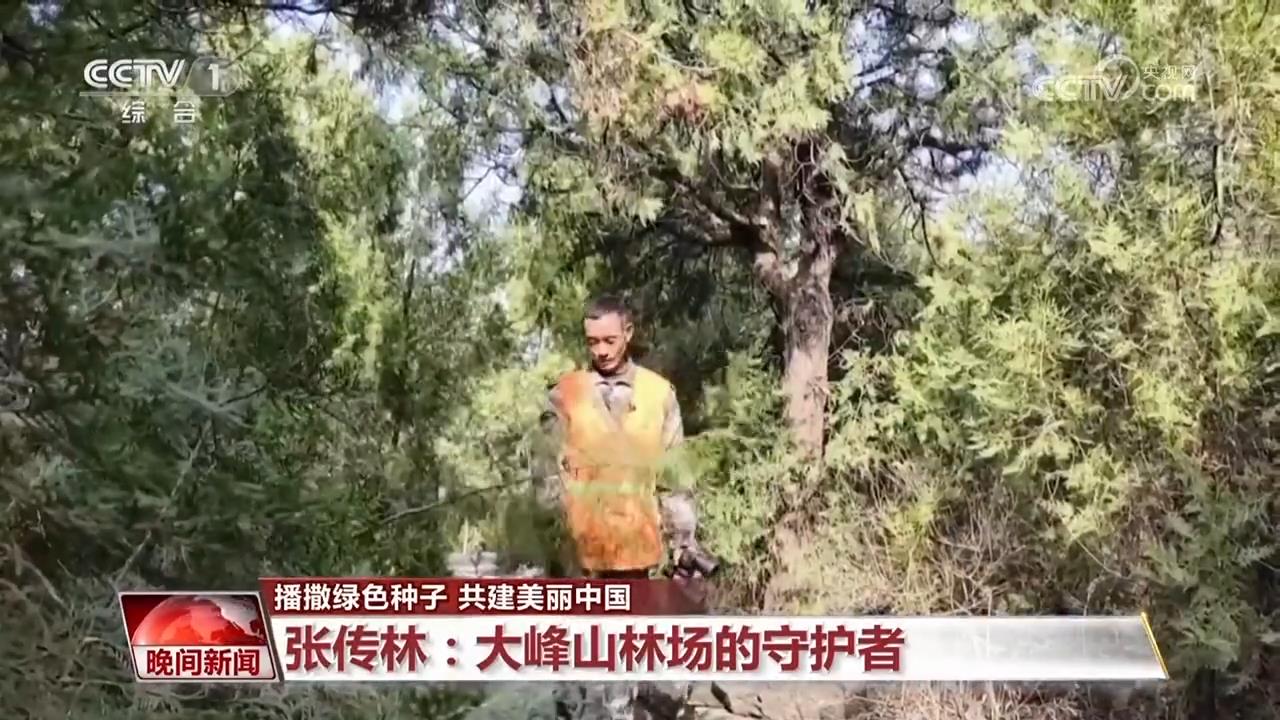
There is also such a person in Dafengshan Forest Farm, Changqing District, Jinan City, Shandong Province. For more than 20 years, he has been silently guarding 13,000 mu of forest. He is Zhang Chuanlin, the ranger of Dafengshan Forest Farm in Jinan. Wearing camouflage clothes, picking up binoculars, wearing a walkie-talkie around her waist and carrying an observation book, this is Zhang Chuanlin’s daily wardrobe.
Ranger Zhang Chuanlin:When traveling, there are so many people going into the Great Wall of Qi that I have to go up and walk around it every day. Tourists (people) who smoke are afraid that the cigarette butts thrower will leave, and they don’t know if they are on fire, so they have to turn around every day.
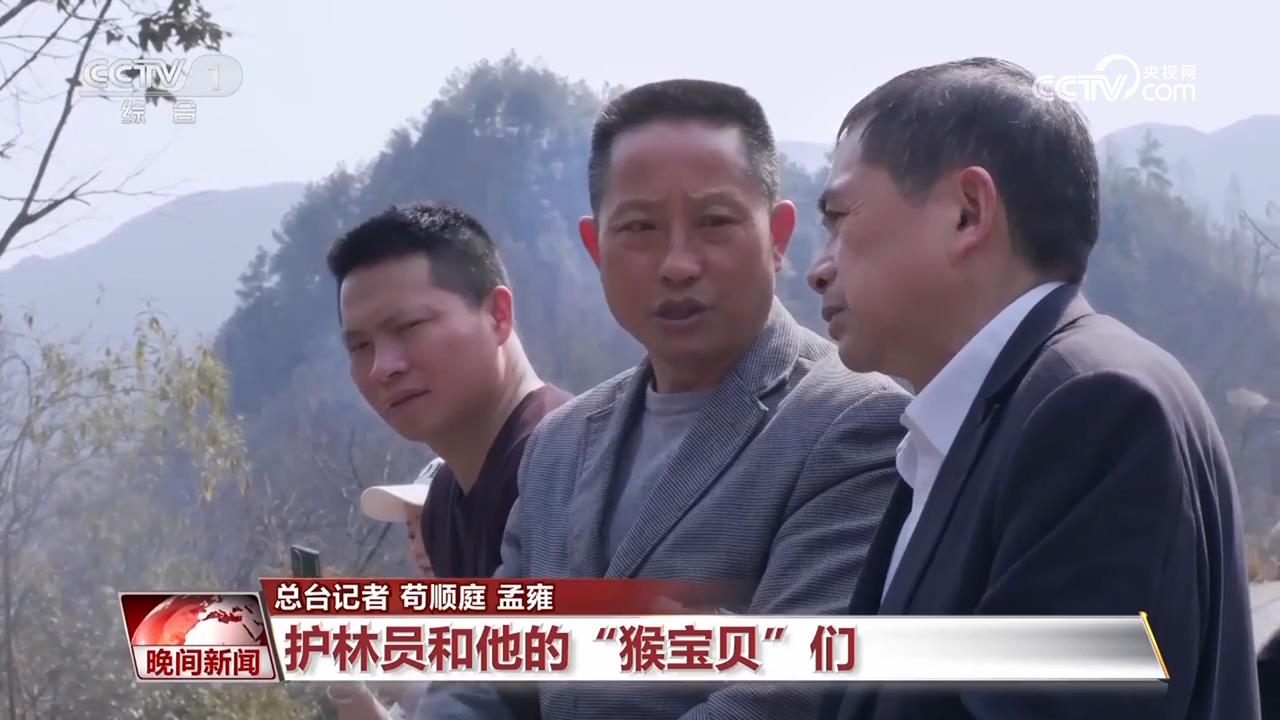
A tree and a forest, burning with changes, also tells the harmonious symbiosis between man and nature. Mayanghe National Nature Reserve, located in Guizhou Province, is the habitat of langur, a national first-class protected wild animal. Xiao Zhijin is a ranger in the nature reserve. Since 1989, he has been guarding the langur here for 34 years.
Ranger Xiao Zhijin:All the tourists and the people here like to throw food, and we are now strongly stopping it. Because our langur is a wild animal, the food it eats is the tender branches and buds of flowers and fruits, not the big wine and big meat that ordinary people want to eat, so we will intensify our efforts to stop it and forbid anyone to put food near our langur.
In order to make the langur population grow and develop healthily, Xiao Zhijin has formed a deep affection with these monkey babies. According to statistics, at present, the population of the local langur has reached 72 groups and 550.
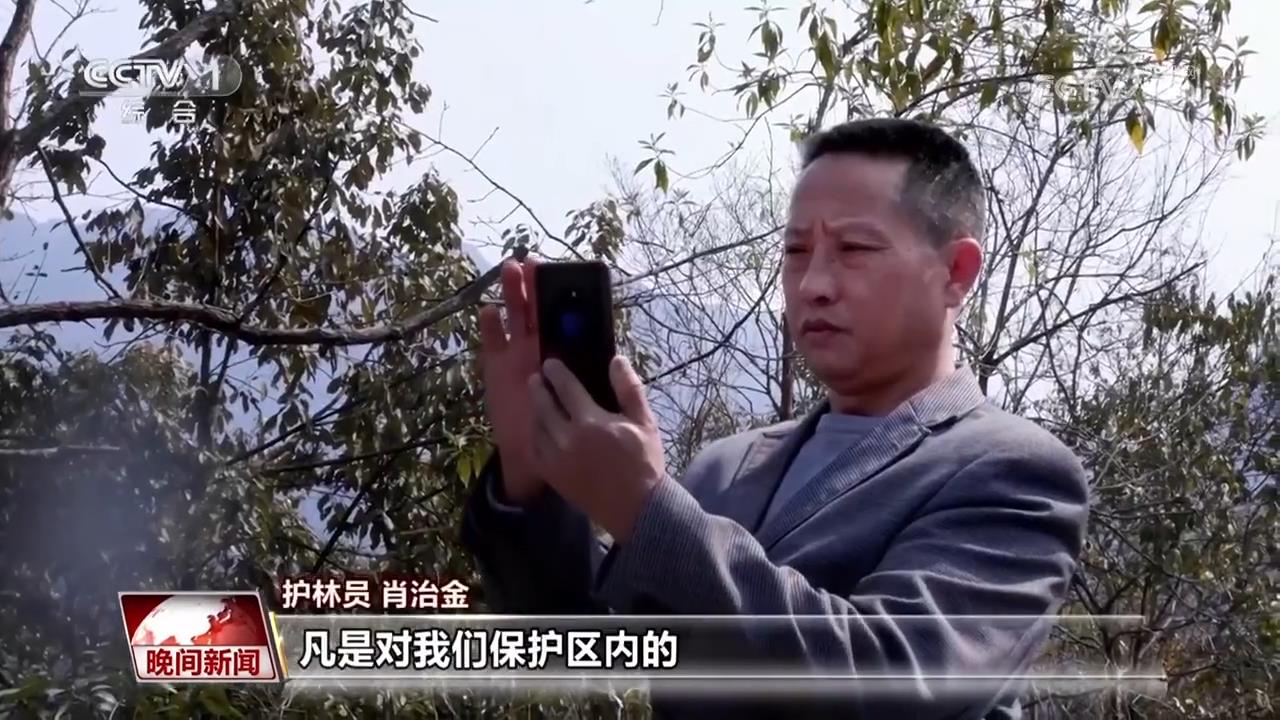
Ranger Xiao Zhijin:We will resolutely stop, crack down on and protect our original natural ecological environment in our protected areas.
Fujian Jiangle: Qingshan changes "Jinshan" and "carbon ticket" into dowry
Qingshan has a face value, and green trees have value. In Changkou Village, Jiangle County, Sanming City, Fujian Province, the most popular saying in the village now is that the air here can "sell money". Since receiving the first forestry carbon ticket in China, it has been called the first village of "carbon ticket" in China. The most fashionable dowry of the villagers is the forestry carbon ticket left by his father. So what exactly is a carbon ticket? How much is the air? Let’s go to Changkou Village to have a look on the spot.
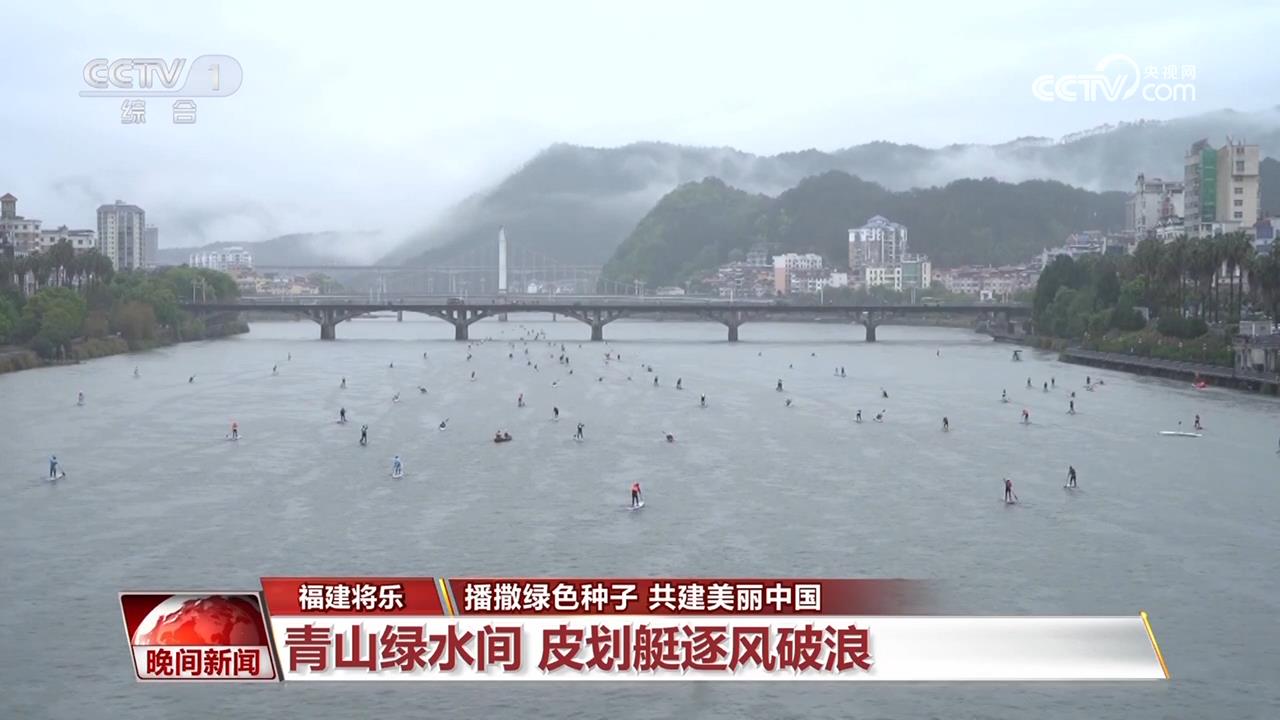
In the past few days, a unique canoe paddle marathon opened in Changkou Village, Jiangle County, Sanming City. More than 100 players from home and abroad braved the wind and waves on the green Jinxi River. The mountains here are green and the waters are blue, making it an excellent choice for water sports. Many canoeing teams from all over the country have moved their winter training bases here for many years.
Yu Wei, coach of the canoeing team in Fushun City, Liaoning Province:Look at this water. This place is two or three meters deep and can be seen to the end. It is very clear. And look at this mountain. It’s normally oily and green, with a large forest coverage. We have experienced it personally, and our running results here are very good.
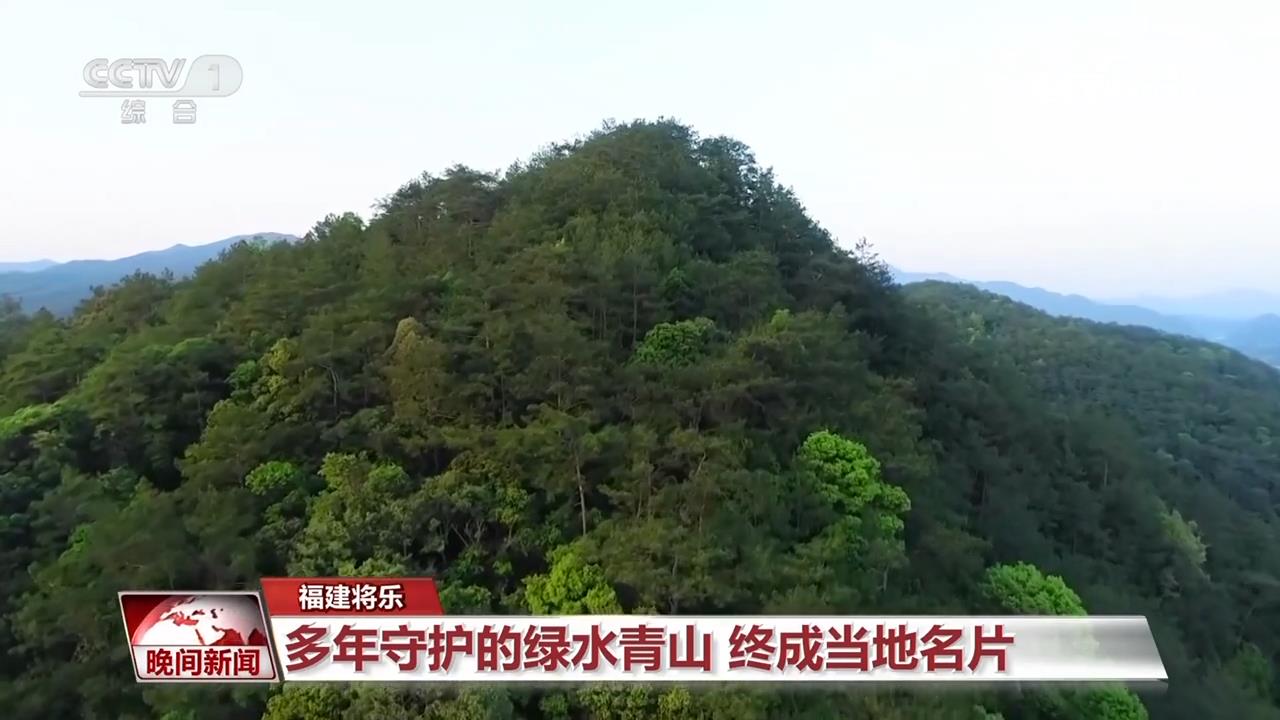
This piece of green mountains and green waters is the business card of Changkou Village and the treasure of the villagers. It is not easy to protect this mountain forest. More than 30 years ago, the development of Changkou village was seriously limited because of its many forests and little land. The income of the village collective was only more than 20,000 yuan. At that time, a chopsticks factory came to the door to cut down this forest in the village, and the asking price was more than 200 thousand. Some villagers were really moved, but they stopped when they thought that "green mountains and green waters are priceless" repeatedly mentioned in the village rules and regulations.
Zhang Linshun, Party Secretary of Changkoulian Village, Jiangle County, Sanming City, Fujian Province:Most of this mountain is near the cliff. If it is cut down, it may not grow back or grow.
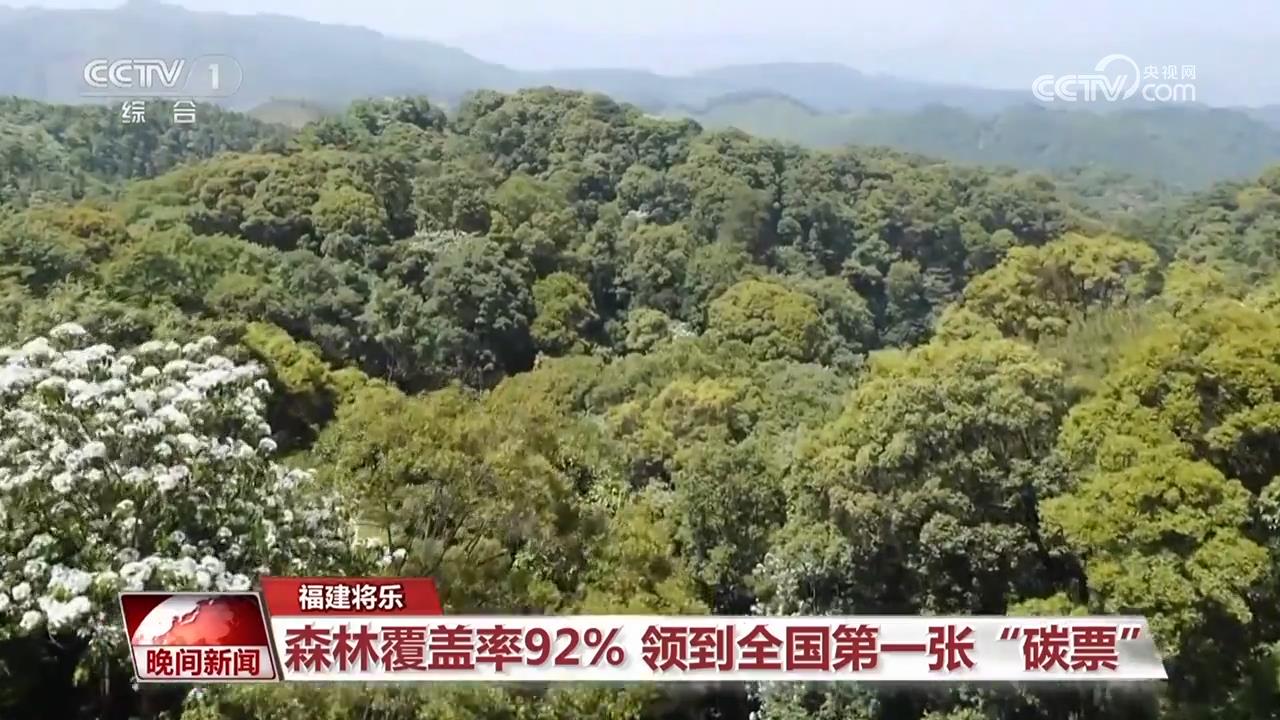
It was from that time that this mountain forest was not only unable to be cut down, but also protected and diversified. At the same time, Changkou Village divides the mountain forests into ecological public welfare forests and commercial forests, among which the ecological public welfare forests are forbidden to be cut down, and the commercial forests must be measured appropriately. Today, the forest coverage rate of Changkou Village has reached 92%. With this mountain forest, Changkou Village received the first forestry "carbon ticket" in China. The "carbon ticket" is based on the increment of forest growth, converted into carbon emission reduction, and then distributed in the form of "ticket", thus turning "air" into real money that can be traded, stored and loaned.
Sun Guiying, a villager from Changkou Village, Jiangle County, Sanming City:Because air can sell money, it is still a very good thing to protect green mountains and rivers.
Carbon tickets have also become the most fashionable and proud dowry of the villagers in Changkou.
Jiangle County, Sanming City, Fujian ProvinceZhang Hui, bride of Changkou Village:At that time, he (father) said that the best thing he could give me was this piece of green water and green mountains, and then passed it on to me.
Deng Wanfu, Party Branch Secretary of Changkou Village, Jiangle County, Sanming City, Fujian Province:Take the path of ecological industry well, so that it can really accumulate more wealth for our future generations. Have confidence and responsibility, make the blue sky bluer, the green hills greener and the green water greener.
[CCTV Short Comment] Let everyone contribute to this painting.
Love for planting trees is an ancient tradition in Chinese. Our ancestors wrote the concept of harmonious coexistence and common prosperity and symbiosis between man and forest in ancient books more than 2,000 years ago: Chidao in the Qin Dynasty and the Grand Canal in the Sui Dynasty, with trees forbidden to be cut down on the roadside and shore; Our words, our poems, praise and respect for trees continue to this day; The way we live has always longed for "two orioles singing green willows" and "north of me, south of me, spring is in flood". It is our ancient consensus to cultivate, love and cherish trees. In the new era, we examine the forest map from the height of ecological civilization, concentrate the energy of construction in the concept of high-quality development, and cultivate green temperament in the distinctive characteristics of Chinese modernization. Let the trees grow, let the forest relax, let the home be beautiful and the happiness of our life be deeply rooted. This is a beautiful vision and a firm strategy. Let each of us contribute to this beautiful picture of Danqing.
It’s just the right time to plant green early in spring.
Spring returns to the earth, everything recovers, and planting trees to add green is just the time. Chinese wrote the answer sheet of the largest growth of forest resources and the largest area of artificial afforestation in the world. At the end of the program, let’s walk into the green China with green hills and no ink.
